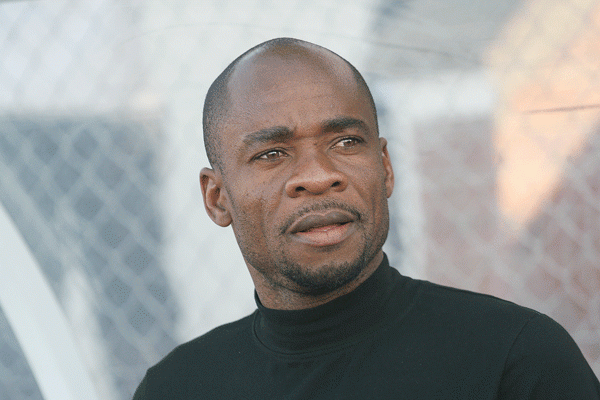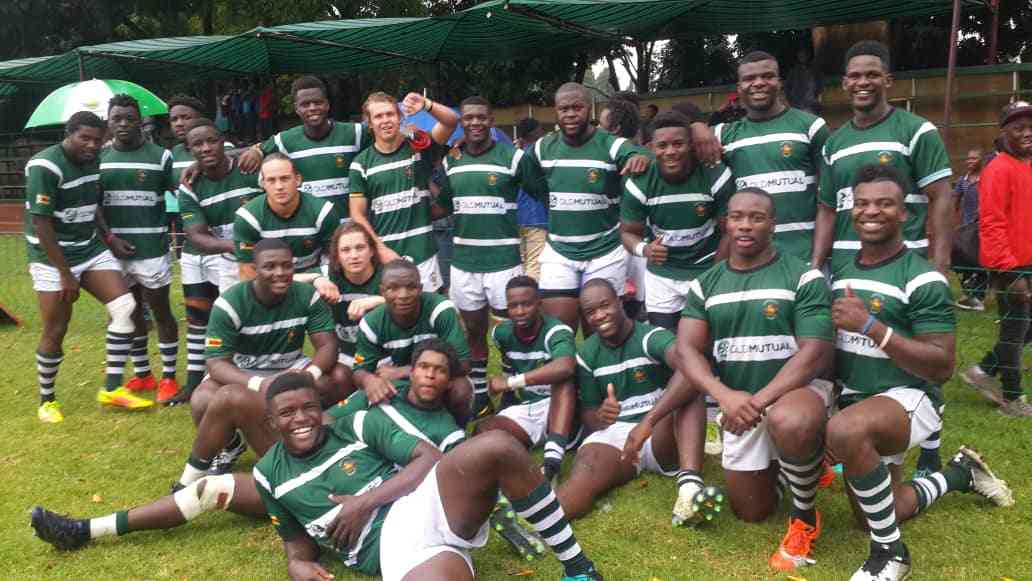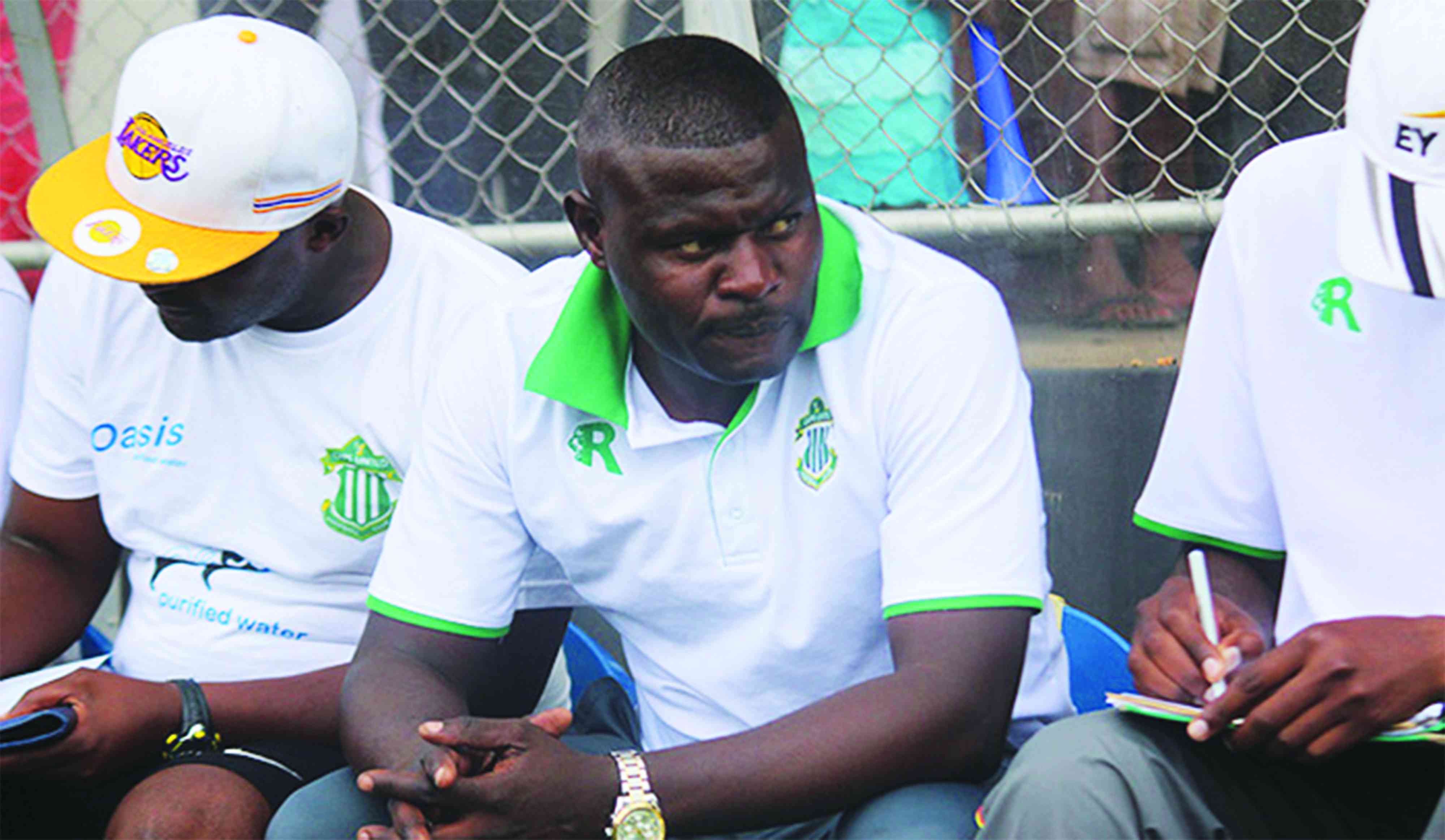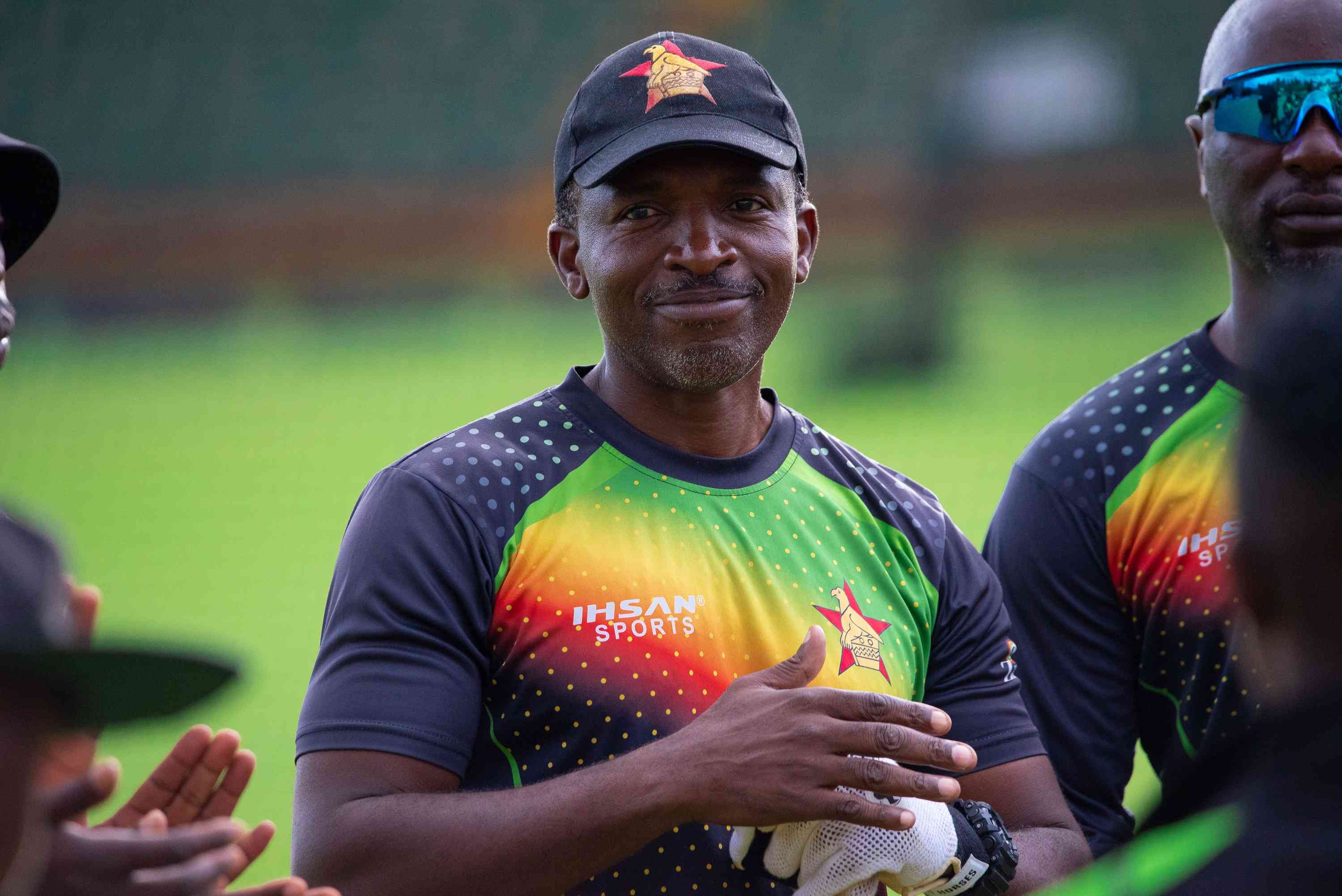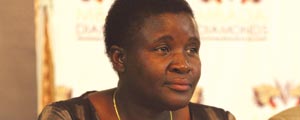
It’s almost a year since Miriam Sibanda took over as Zimbabwe Women Football (ZWF) boss, taking the reins from Mavis Gumbo.
It has been a difficult journey for her and her board which was elected into office in March last year. Some critics point out that women football has actually regressed since Sibanda took office, and it’s desperately crying for salvation.
League matches, the critics argue, are being played haphazardly while the Mighty Warriors brand is as good as dead.
The team that won the Cosafa Women Championships just three years ago and toured Europe and South America is struggling to get resources to get into camp for next month’s important qualifier.
Sibanda’s relationship with Zifa CEO Jonathan Mashingaidze has reportedly reached an irreconcilable stage, and the consequences have been epic. NewsDaySports’ Henry Mhara (ND) this week contacted Sibanda (MS) probing her on these issues and below is the full interview.
ND: How would you describe the current state of women’s football in the country? MS: Encouraging given the economic environment. The fact that we have clubs at National Super League, regional and provincial levels playing gives one hope that women’s football has a promising future despite the current challenges.
ND: It’s almost a year now since you got into office as women football boss, what have you achieved and are you happy with what you have done thus far? MS: Happy that as a national executive we were able to: Hold three meetings. The national executive met with National Super League Clubs twice. We held an EGM and planning workshop where input for a draft action plan was received. The National Super League resumed playing after a year’s hiatus in 2013. Regional leagues especially Central and Northern Region were competitive. The Northern Region awarded outstanding players for the first time while Central Region continued with annual awards.
Dormant provinces such as Mashonaland East became active again. The Mighty Warriors fulfilled their Afcon qualifiers even though the girls failed to proceed to the finals.
- Chamisa under fire over US$120K donation
- Mavhunga puts DeMbare into Chibuku quarterfinals
- Pension funds bet on Cabora Bassa oilfields
- Councils defy govt fire tender directive
Keep Reading
ND: What are the major challenges that you have faced so far and how do you intend to address them? MS: The challenges are numerous, with the major ones being: Operational — as an executive we were not inducted so we have had to learn the ropes on our own. The operational structure is not conducive in that as an affiliate, we do not have our own offices so we are housed at Zifa. Our co-ordinator is an employee of Zifa so this creates reporting challenges. The co-ordinator does not have a budget to run women’s football. We are actively looking for our own office space and to engage a manager just like PSL [Premier Soccer League] so that we become truly autonomous.
Funding — Most of our affiliates were not able to pay affiliation fees in full. As a result, ZWF was forced to operate on a shoestring budget. We are working on establishing corporate partnerships. The first step was for ZWF to make itself appealing to potential partners. We are working on adopting a new constitution in line with the new Zifa Constitution, adopting a new logo and drawing up an action plan. The drafts are ready and will be tabled for adoption by the ZWF Council at the next AGM. Thereafter, we will engage corporates and other stakeholders, particularly uniformed forces, local authorities, schools and colleges to encourage them to participate in women’s football.
Lack of financial resources saw clubs failing to fulfil all their league fixtures. The 2014 season is yet to be concluded. Fifa’s Financial Assistance Programme (FAP) funds were withheld so no development programmes took place. With no induction and no formal handover we had no information regarding what the previous executive intended to undertake in 2014.
ND: How have you related with other football administrators, particularly Zifa CEO Jonathan Mashingaidze, and how has it affected the discharge of your duties as women‘s football boss? MS: Well. We have established relations with the Zimbabwe Olympic Committee, SRC and the Ministry as well as with various corporates and individuals who have an interest and passion for women’s football.
ND: Some of your critics say since you came into office you have spent most of your time fighting “a war” with Mashingaidze at the detriment of women football. What’s your response to this? MS: When I was asked by clubs to stand in the elections last year, they articulated issues they wanted me to represent them on and ensure they are addressed. Top of the list was accessing FAP funds, resumption of the National Super League and reviving regional and provincial leagues. Their concern was that women’s football was being equated to the Mighty Warriors.
As an executive, we have managed to get the National Super League playing albeit with shortcomings. But the bottom line is the girls are playing and we can now start talking and focusing on improving the quality of the game.
Accessing FAP funds has been an uphill task because our communication with Zifa secretariat is not as it should be. As a result, because I have to deliver on my election promise, I must talk about FAP funds until they are released.
It is sad that critics see it as ‘a war’. From my view point, I see it as spirited attempts to fulfil the expectations of those who entrusted me with their votes so that I could lead women’s football.
I believe leadership of an organisation such ZWF in harsh economic times that we find ourselves demands commitment and consistency to the cause. The cause of women’s football is to see as many girls and women participate in the beautiful game at various levels and varied capacities. This can only happen when there are systems in place, transparency and accountability in the management of the beautiful game. So yes in that regard, I am fighting for the girl child to be able to play without fear of abuse and with assurances that they will be rewarded fairly for their efforts.
I am fighting for women coaches to be respected by our FA so that they too have contracts and are paid just like their male counterparts.
I am fighting that our players become professional in the true sense of the word and are treated as such.
So in as far as trying to fulfil my election mandate, yes I am fighting a war to see women’s football accorded its rightful support from Zifa. It is in no way a personal war.
ND: Others also say that since you came in, things have actually worsened compared to what your predecessor Mavis Gumbo did. They argue that there has been very little happening in the women football league with matches being played haphazardly and absolutely nothing on the Mighty Warriors side. What’s your response? MS: The leagues are playing albeit haphazardly because of challenges outlined. The Mighty Warriors is a grey and contentious area. The ZWF is an affiliate of Zifa with a separate elected board. The chairperson sits on the Zifa Board. ZWF’s mandate according to the Zifa constitution is to “organise competitions and deal with all matters relating to women’s football.”
Further, Zifa Rules and Regulations clause 5 Women’s Football Committee states as follows: 5:1 The committee shall deal with all matters regarding women’s football. 5:2 The committee shall propose to the National Executive Committee any measures to promote the development of women’s football. 5:3 The committee shall organise women’s football competitions both internationally and locally. 5:4 The committee shall produce and publish reports on women’s football from time to time.
Reading the statutes, ZWF has the overall mandate to run women’s football including international competitions. As ZWF we believe we should discharge this mandate in consultation with Zifa.
Unfortunately, consultation has not been possible because Zifa secretariat has not been playing ball as far as the Mighty Warriors and other national teams are concerned. Zifa as the FA is mandated to liaise with other FAs to secure international friendly matches for the Mighty Warriors based on recommendations from ZWF. As ZWF we have on our part, made recommendations, drawn up budgets and requested to meet Zifa secretariat with little success.
On the technical front, ZWF’s recommendations are disregarded so in that regard it goes back to skewed systems and poor governance. We have statutes to guide our operations, but we are failing to adhere to these and when attempts to try and operate according the rules are made, it is deemed to be war.
ND: The All-Africa Games and Olympic qualifiers are just around the corner, what are your plans in terms of preparing for these very important assignments? MS: We are doing our bit. We have drawn up budgets and are approaching corporates to help us fulfil these fixtures. It would be easier if we had sat down with Zifa secretariat to plan together so that the fundraising efforts are two-pronged. MS: There have been rumours of a rift within the ZWF top hierarchy that has seen some of your board members like Trust Kwembeya resigning from his post, can you comment on these reports. MS: Surely, you do not expect me to respond to rumours. What I know and have on record is that Mr Kwembeya advised he was stepping down due to mounting work and family commitments.
ND: There is also confusion on the setup of the Mighty Warriors coaching department, with some reports suggesting that Sithetheliwe Sibanda is now the team’s coach, and not Rosemary Mugadza. Can you give the official position and the whole structure of the technical department? MS: We submitted our recommendations to the Zifa CEO. He advised that he was forwarding them to the High Performance Committee (HPC). We are yet to get an update. Our position as ZWF is that we understand that the HPC is an ad hoc committee. We have therefore, requested for Zifa board minutes of the meeting where a resolution to set up an HPC to deal with women’s football national technical teams was passed. We have also requested for the committee’s terms of reference because as far as ZWF is concerned the last HPC was set up specifically to assess the performance of former National Coach, Ian Gorowa.
ND: You have been for a long time now asking from Zifa for a 15% of the $250 000 annual Fifa FAP funds that your board is entitled to yet Mashingaidze argues that the funds are for developmental projects and would only be released when the ZWF submit a development plan. Has that plan been submitted, and if so, what was the response from Zifa? MS: It is unfortunate that is how the matter is being portrayed. Our understanding as ZWF is that we are supposed to submit through Zifa our application for FAP funds. For the 2014 allocation, the application was submitted in 2013 before the current executive was in office. We therefore, needed a formal handover to be advised of the projects that had been applied for. Additionally, had we been meeting with Zifa secretariat, we would have been advised of the projects the previous executive had applied for and have worked together to ensure the projects were undertaken.
Last year, Zifa sent ZWF the FAP funds application forms, but declined to meet with us to receive our input and give us guidance in filling them in. So we believe, they submitted an application on our behalf without our input. They had to list projects on the application. We do not know what they submitted.
It is therefore, preposterous that ZWF should submit an application to Zifa for the same funds. Zifa secretariat should just tell us what they said they would do on our behalf and we will implement. Why should we apply to Zifa for our money?



